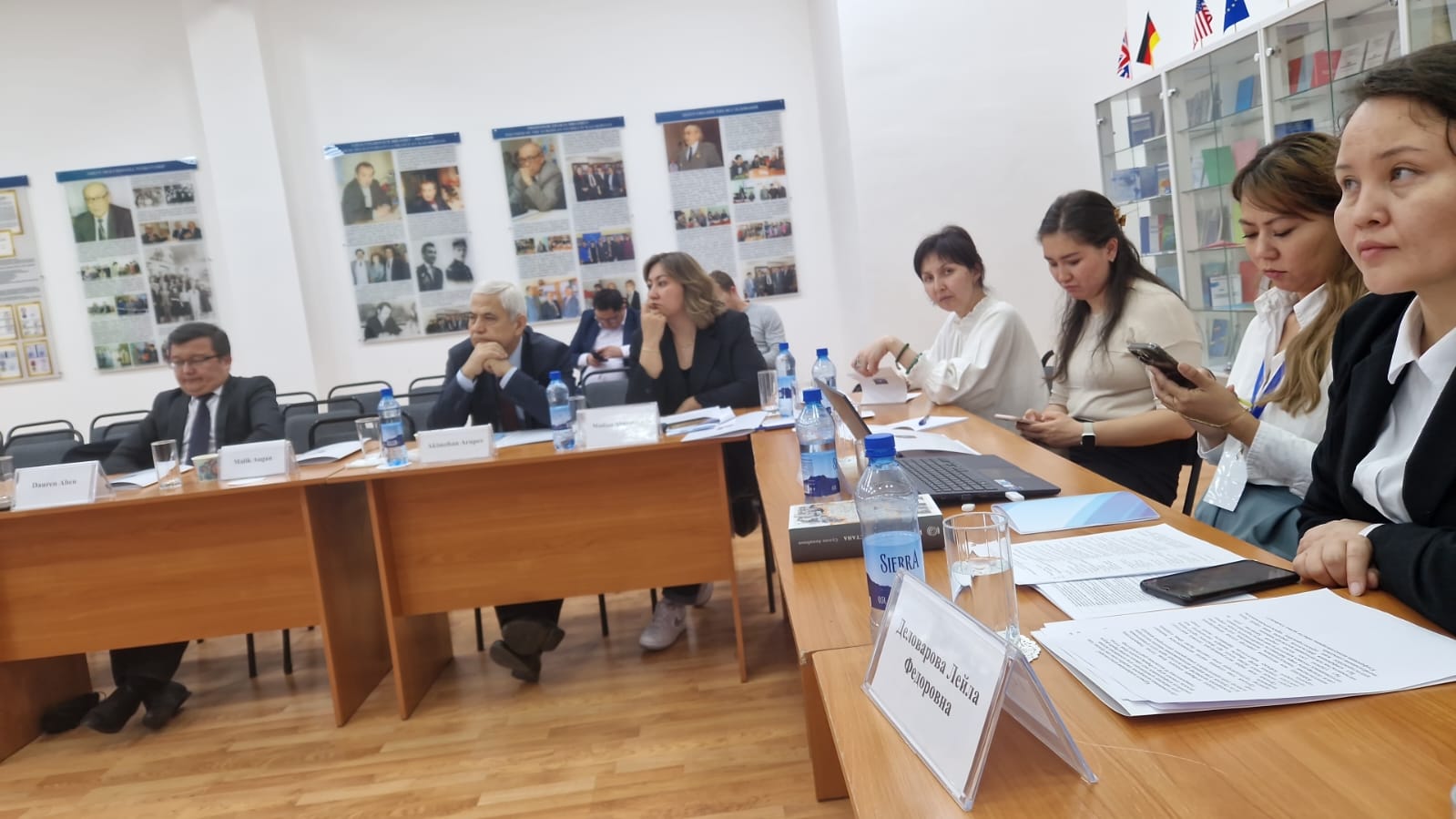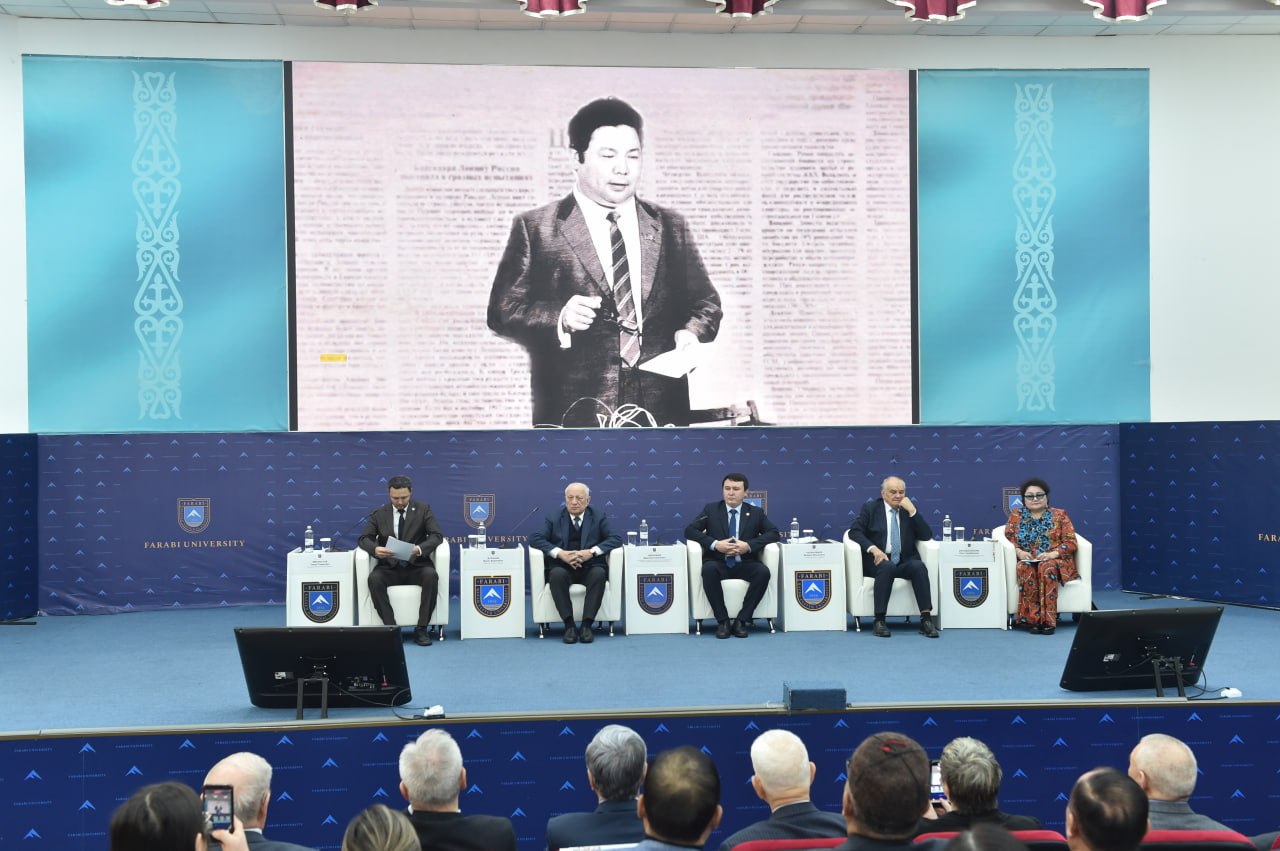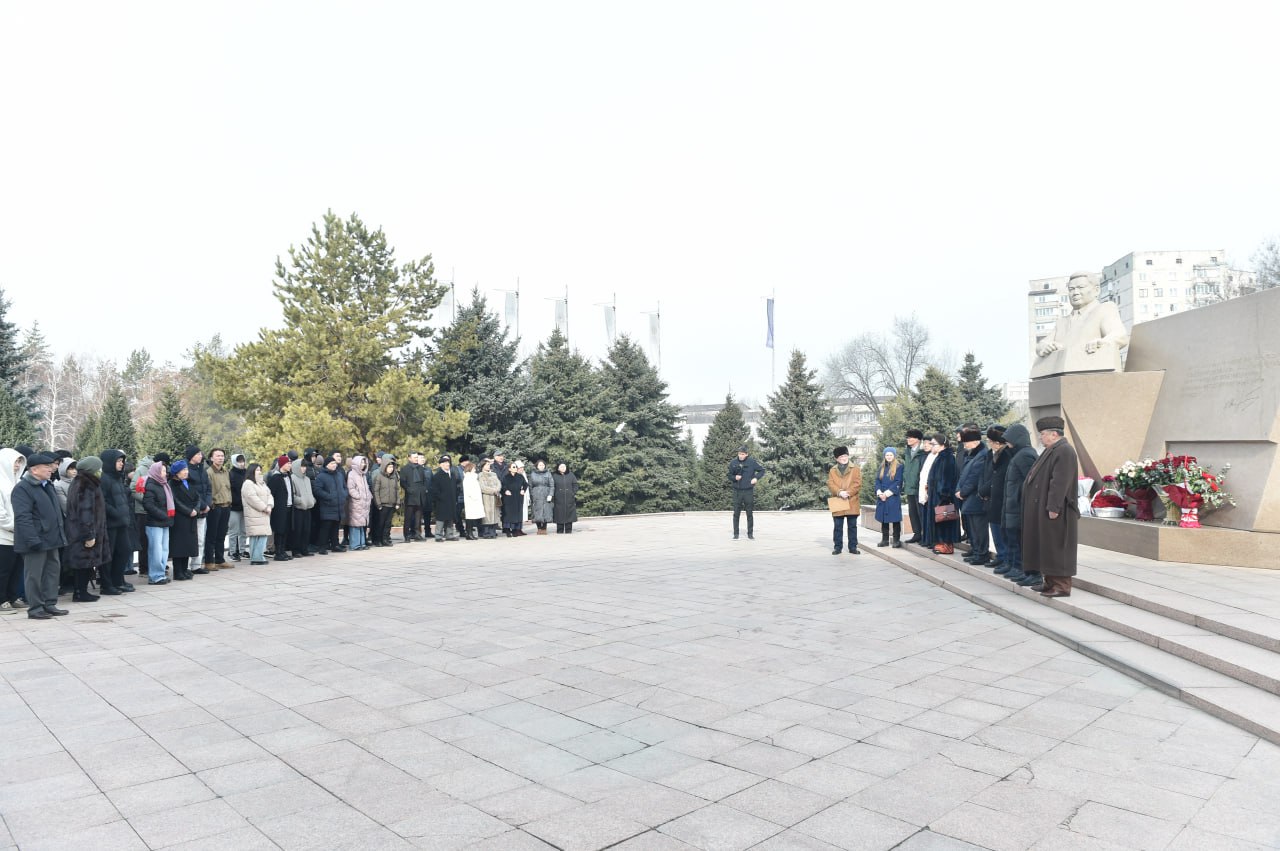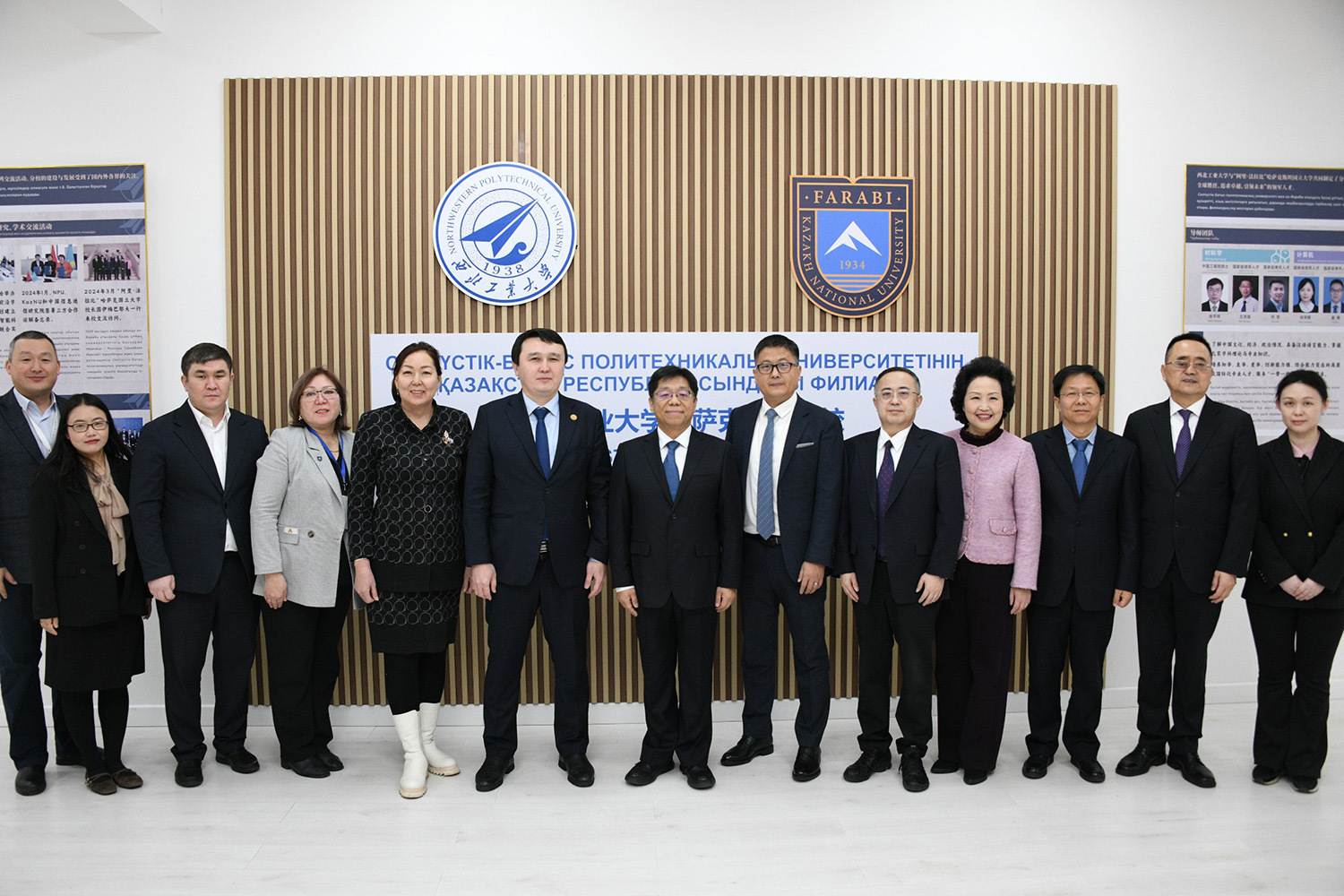Deepening regional integration of Central Asian countries: SDGs

Almaty, April 9, 2024
The Institute for Security and Cooperation at Al-Farabi Kazakh National University organized and successfully held an International Scientific and Practical Conference entitled “International Experience of Integration and the Possibilities of Its Use for Central Asia” today, April 9, 2024.
The plenary session of the conference was a fascinating and important event, at which senior representatives of the KazNU administration spoke, including the Director of the Institute of Security and Cooperation Kuralay Irtysovna Baizakova, as well as Ambassador, President of the India-Central Asia Foundation Ashok Kumar Sharma, Consul General of the People’s Republic of China in Almaty Jiang Wei and the Consul General of the Republic of Tajikistan in Almaty Ravshan Bobokhonzoda Arabshah.
After the plenary session, the conference continued in two sections. Exciting reports from outstanding specialists were presented under the moderation of Professor Fatima Turarovna Kukeeva. Director of the Research Institute for International and Regional Cooperation of the Kazakh-German University B.K. Sultanov made a report on the prospects for cooperation in Central Asia. Director of the LEXFEIM scientific center at the University of Le Havre Normandy, Pierre Chabal, presented report on the topic “What does it mean to “learn” from other international experiences?” Also taking part in the section were: Head of the Department of International Relations and Diplomacy of Yerevan State University J.S. Manukyan; Head of the Department of International Relations, Tajik State University A.N. Sharipov; Director of the Center for Afghanistan Studies at Shaanxi Normal University Li Xinwei, Associate Professor of the American University of Central Asia Nisharapova Zh., Associate Professor of the Department of International Relations of the University of World Economy and Diplomacy Muminova G.M. The reports of the regional manager for Central Asia and director of the NGO Peace Nexus Esengul Cholpon “Geopolitical aspects of transport connectivity in Central Asia” and the director of the Center for Russia and Central Asia Studies, Shanghai Academy of International Studies Qiang Xiaoyun “New ways of cooperation between Kazakhstan and China” aroused genuine interest. The historian, political scientist, and orientalist Sultan Akimbekov took an active part in the section's work.
Moderated by Professor Baizakova Kuralay Irtysovna, speakers specializing in economics, logistics, and water-energy cooperation presented their reports. There were outstanding presentations from invited experts. First of all, this is the report of the director of the Institute of World Economy and International Relations Arupov A.A. “Strategy for economic interaction of the countries of Central Asia,” which presented critical aspects of the strategy in the region.
The report “EU Cooperation Programs for Central Asia: New Challenges and Responses” was prepared in tandem by Professor of Stradynia Riga University Murawska T. and doctoral student Anderson L., who analyzed in detail EU cooperation programs for the region, discussing new challenges and response strategies. The report “Economic Factors of China’s Integration into Southeast Asia,” presented by S.B. Kozhirova, a professor at Astana International University, was devoted to research into economic factors contributing to China’s integration into Southeast Asia. The head of the international security department of the KazISS under the President of the Republic of Kazakhstan, Aben D.A., presented his report “Regional cooperation in the water and energy sector,” dedicated to the importance of regional cooperation in the field of water and energy. Representative of the Center for Russian and Central Asian Studies at J. Nehru University Associate Professor Pramod Kumar analyzed the geopolitical aspects and energy priorities for India in his report “Geopolitics and Energy of the Central Asian Region: Priorities for India.”
Also interesting from the point of view of analyzing the prospects for integration was the report presented by research professor M.M. Abaidullayeva (Turan University), “Prospects for deepening economic cooperation between the countries of Central Asia and the Russian Federation.”
The conference's presentations covered a wide range of topics, including economic cooperation, geopolitical aspects, integration processes and regional studies, and the presentations provided valuable research that will contribute to a better understanding and development of cooperation strategies in the Central Asian region.
Senior Lecturers of the International Relations and World Economy Department Medukhanova L.A. and Yeimpasheva A.T. actively participated in the conference.



